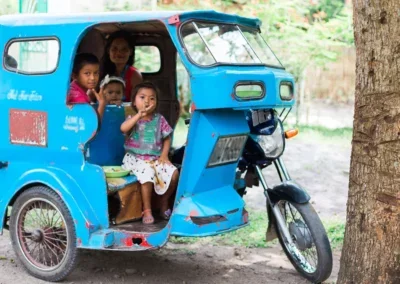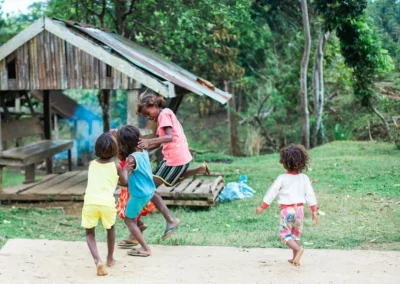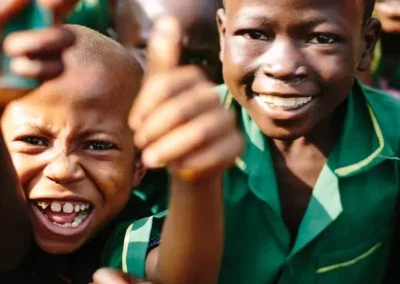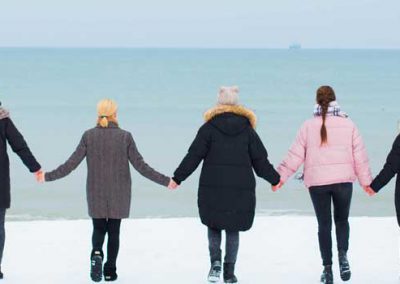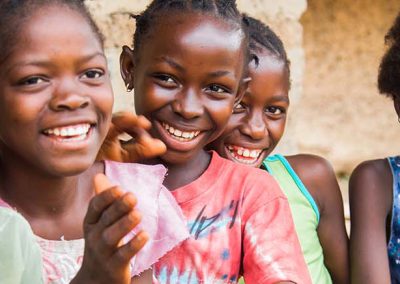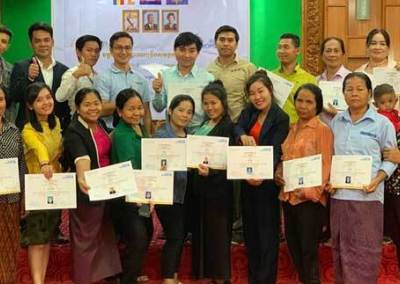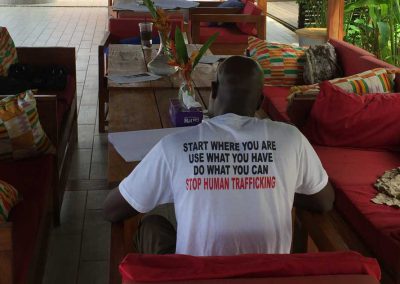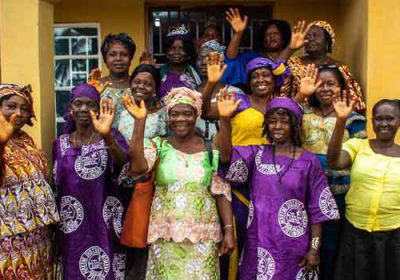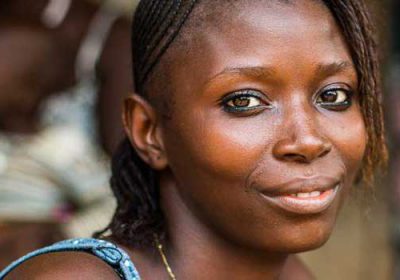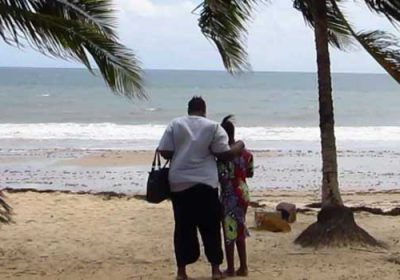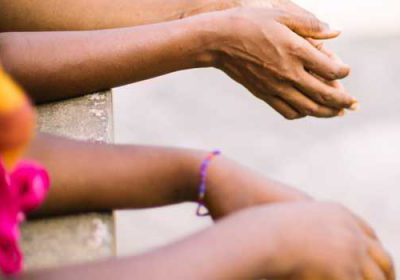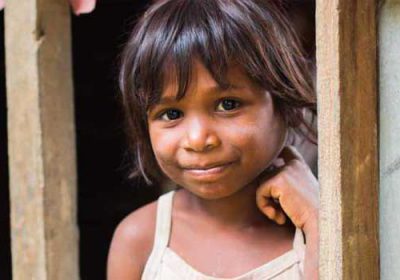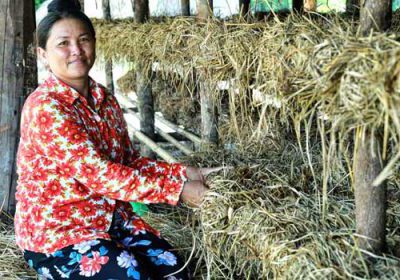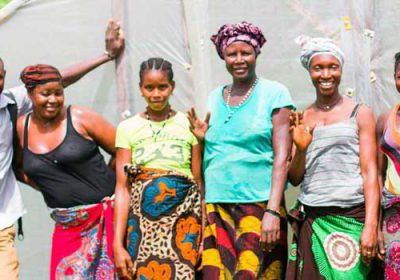Anti-Trafficking Research and Programming in West Africa
Preventing and responding to child trafficking-in-persons in Sierra Leone
Project Information
Project Status: Active
Start Date: February 1, 2021
End Date: March 31, 2023
Countries: Sierra Leone



Resources
Preventing, Protecting, & Prosecuting
Now ranked a Tier-2 country in the US State Department’s 2020 TIP Report, Sierra Leone has made tremendous progress in putting protections in place to combat human trafficking, including child trafficking, through legislation and policy development – including the National Action Plan on TIP, the Anti-Human Trafficking Act 2005, the Child Rights Act 2007, and more.
Child trafficking can be masked in Sierra Leone through the traditional practice of “menpikin,” which is a type of informal child fostering in which a child is taken from their home by extended family members or a trusted acquaintance or family friend, often for educational opportunities. Using the guise of education opportunities, the practice of menpikin contributes in part to forced child labor such as agricultural, mining, domestic work, and in some cases early marriage or sex trafficking both within and outside of the Sierra Leone border. Menpikin does not always lead to child trafficking and is sometimes practiced as a way to support school education (especially secondary school) for children living in communities without a functioning school nearby. However, child trafficking is of enough concern to the Ministry of Social Welfare (MOSW) and Ministry of Gender & Children’s Affairs (MOGCA) that they established local-level child monitoring committees across the country to investigate children vulnerable or at-risk of child trafficking.
Prevention, protection, and prosecution are key to the overall reduction of child trafficking rates in Sierra Leone, and enforcing key policies and legislations that protect against child trafficking – particularly to prosecute human traffickers – is an especially important component to deter future trafficking attempts.
Project Goals
- To see a significant reduction in child trafficking
- To document a clearer picture of the prevalence/risks of child trafficking
- To prevent child trafficking through awareness
- To identify conditions that can lead to the prosecution of traffickers
Expected Outcomes
- Strengthen the prosecution of perpetrators
- Protection of 60 child trafficking survivors
- Prevention of child trafficking
Join the Virtual Launch Event - March 2, 2021 at 9:00 am ET
This virtual launch event will detail the collaboration between the African Programming and Research Initiative to End Slavery (APRIES) and World Hope International, with keynote address by the Vice President of Sierra Leone, the Honorable Dr. Mohamed Juldeh Jalloh.
child survivors of trafficking-in-persons will be identified, cared for, and reintegrated
chiefdoms will be targeted for the project's objectives
new & existing Village Parent Groups will be trained to actively monitor & report suspected cases of child trafficking
school clubs will be sensitized to identify and protect from trafficking in persons
How It Works
PREVENTION
World Hope’s team will provide community sensitization and engagement among the Children Forum Networks, Child Welfare Committees (CWCs), local law enforcement, Village Parent Groups (VPGs), and other key groups or leaders. These will be trained to identify and report cases of potential human trafficking in their communities. The WHI team will train 24 CWCs, 24 VPGs, and 10 Family Support Units across three districts.
WHI will work with the Children Forum Networks and schools to ensure that those most impacted by child trafficking–children–receive education and the tools to advocate for their own rights and are made aware of the risks of menpikin and other forms of trafficking for their own well-being and within their peer groups. A total of 15 schools (five per district) will be supported specifically under this project.
PROTECTION
During their stay in World Hope’s Recovery Centre, the child survivors will have access to health care services, life skills sessions – covering topics such as conflict management and communication skills, educational instruction, 8 individual counseling sessions, and 10 group counseling sessions. WHI staff will also support them to file police reports, and every effort will be made to encourage child survivors to go back to school while mitigating any potential stigma or discrimination within their communities in which they reintegrate. The child survivors’ reintegration package will include school support, learning materials, and income generation support for caregivers.
Prior to reintegration, an assessment of the family and community is completed, to determine safety for the child and to address any prevailing issues. Once it is determined safe, survivors are reintegrated, with the WHI team conducting at least two follow-up visits over nine months.
PROSECUTION
A Legal Aid Coordinator will work with survivors to navigate the legal system, making sure they attend court sessions and liaise with law enforcement and the judiciary, and World Hope will pilot a new initiative where Paramount Chiefs will be trained on key policies such as the Anti-Trafficking Act, 2005, Child Rights Act, Adoption Law, Three Gender Acts, Sexual Offences Act, and national labor laws with the goal of establishing and enforcing local practices/bylaws aligned with these national policies in the chiefdoms.
World Hope’s team will also work with District and City Councils to align local legal frameworks that contribute to the prosecution of human traffickers in order to ensure that local leadership understands, can interpret, and can enforce these policies within their communities.
WHI will also support ten Family Support Units (FSUs) across the three target districts to conduct investigations on suspected child trafficking cases while also advocating for more resources within the Government of Sierra Leone’s budget allocated for the FSUs across the country.


